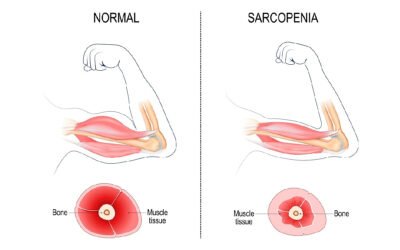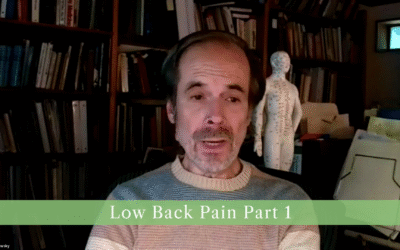Hello Everyone: I intended to begin an in-depth discussion this month of balancing the endocrine system (thyroid gland, adrenal glands, etc.), but I came upon an eye-opening study a few days ago which made me decide to postpone that for a month or two and, instead, prioritize a discussion on colon health. I have written and attached an in-depth article for NHSS/SPE Members about this study, obesity, the obesity drug Ozempic, the importance of dietary fiber and chia seeds. In this first of series of 5 articles for NHSS/SPE Members regarding colon health, I will discuss a recently published study on the epidemic of colorectal cancer, the importance of dietary fiber as a factor in the prevention of both obesity and colon […]
My Upcoming Webinar on 11/15/25; SPE blends; CBD Salve; Final 2025 Live Class
Hello Everyone: As previously announced, the recording link for the 10/21/25 live class – the introductory class regarding low back pain – has been posted to the Member Zone. So has my latest article for member’s only: Aging and the Dangers of Sarcopenia. If you are over 50, I think you will find this article to be a very important one. If you are over 60, it is a crucial one to read. If you are over 70 – be sure not to miss it. My Live Webinar on Saturday 11/15/25. I will be teaching a live 90 minute webinar on November 15th. Ostensibly, the class is focused on using a cold laser tool (that looks like a flashlight), that emits a narrow beam of […]






0 Comments